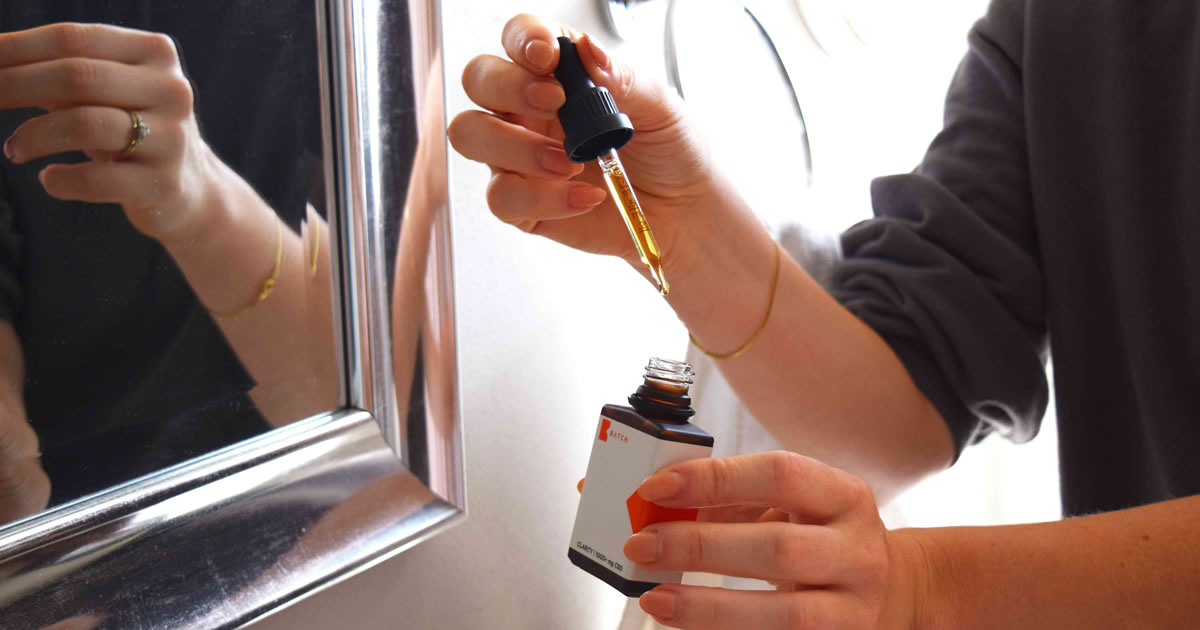
CBD & Your Pharmacy: Should You Stock CBD Products?
Has a patient ever asked if you carry CBD products? We're willing to bet they have — or they've at least thought about it. Since 2018, CBD has been on the rise, showing up everywhere from retail pharmacies like CVS and Walgreens to specialty stores and even gas stations.
There are a lot of questions around CBD products. How well regulated are they? What is their relation to marijuana? Sure, it's legal to sell them, but is it really legal to sell them? Since CBD has only been on the market for a couple years, there are still a lot of unknowns. But this is a question that comes up a lot with independent and community pharmacies, so we wanted to look at the information that's out there.
Let's start with some knowledge.
What is CBD?
CBD, or cannabidiol, is an active ingredient of cannabis that has been isolated for medicinal and other uses. It is derived from hemp, a version of cannabis with less than 0.3% THC by dry weight. THC (tetrahydrocannabinol) is the chemical found in cannabis that can create the euphoric feeling commonly associated with the illegal version of cannabis, often referred to by the now-outdated term marijuana. CBD oil and other products derived from hemp are completely legal.
CBD products became legal with the passage of the Hemp Farming Act of 2018. Their regulation became tied to their THC content; any cannabis with 0.3% THC or lower was defined as hemp and therefore no longer classified as a controlled substance by the Drug Enforcement Agency. Cannabis with THC content higher than 0.3% is still illegal.
CBD is most often sold as oils, though other forms are available. CBD retailer cbdmd.com features oils, gummies, capsules, topical creams, and even bath bombs.
What Are the Benefits of CBD Products?
CBD products have been shown to reduce anxiety, convulsions, and even nausea. Many patients use them for chronic inflammation, joint pain, and insomnia. They can also be used as adjunctive therapy for patients on opioids, and to reduce withdrawal symptoms for narcotic users. CBD has even been shown to reduce seizures in children with epilepsy. However, it should be noted that the FDA has not approved CBD products for any of these uses, since these types of claims are not permitted for dietary supplements, food, or cosmetics.
Selling CBD products could also be beneficial for your pharmacy. The National Community Pharmacists Association claims that many pharmacies are making six figures a year on CBD sales at 50% margins. That's hard to ignore. CBD is a high-demand product, and everyone staying home and stressing during the COVID-19 pandemic has only increased that demand.
Are CBD Products Right for Your Pharmacy?
Ultimately, what you sell in your store is completely up to you. However, there is no legal reason not to stock CBD products, and they could be beneficial both to your patients and your business.
"Many pharmacies are deciding to sell CBD products because of patient demand and because, as the medication expert, they can serve as the source of truth," said B. Douglas Hoey, RPh, CEO of the NCPA.
Be prepared to look at possible drug interactions with your patients' existing medications. If they're going to use CBD products, it would be safest for them to buy them from your pharmacy where you can counsel them on how best to use them.
As a pharmacist, it is your duty and your privilege to help your patients lead healthier lives. If that patient feels CBD is right for them, you can help them in their journey by advising them on how best to use it and by catching any potential drug interactions before they occur. For more information, the NCPA has created an online CBD resource just for pharmacists at https://ncpacbdsource.com.

Subscribe to Our Blog
